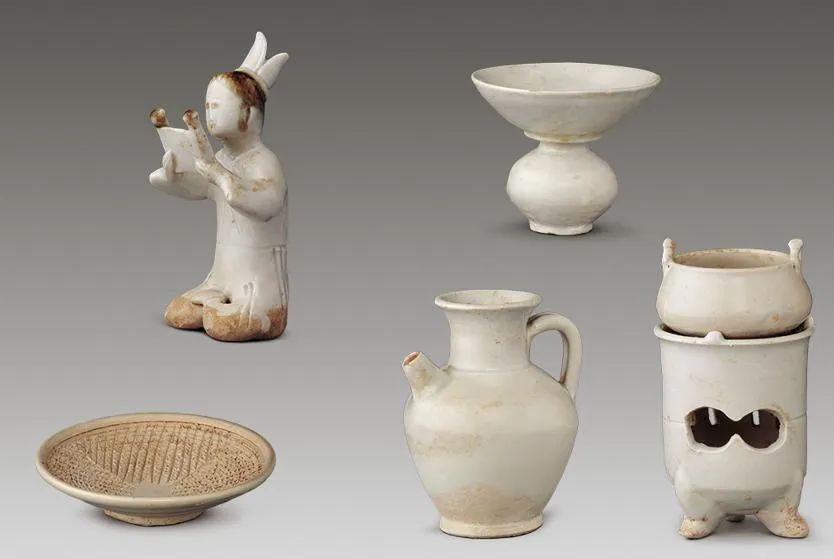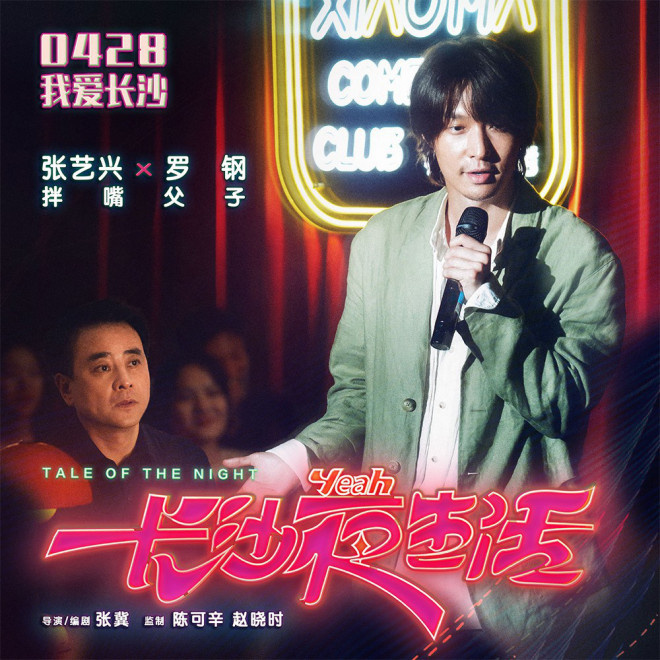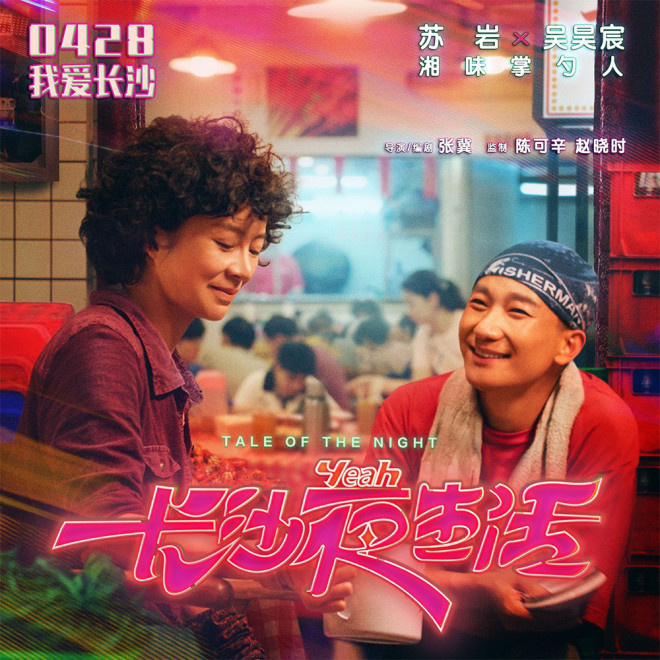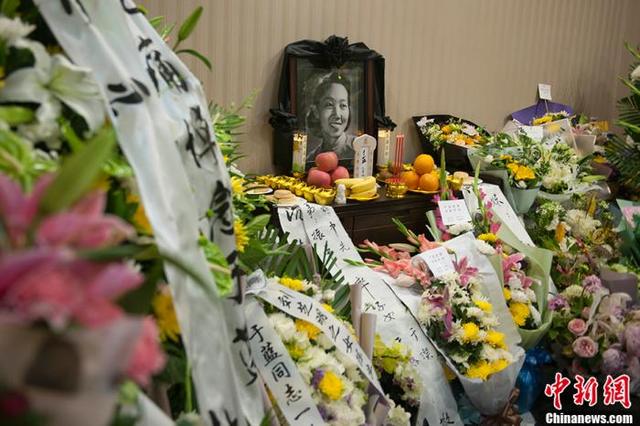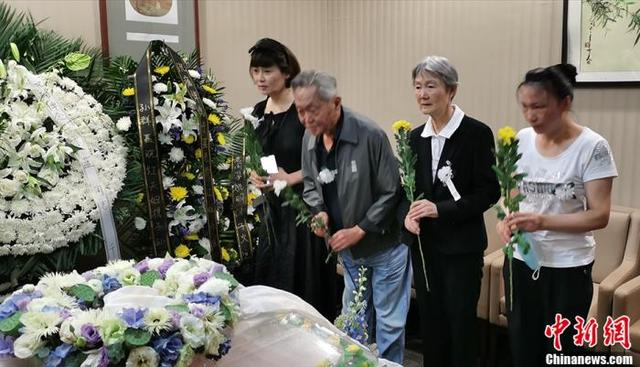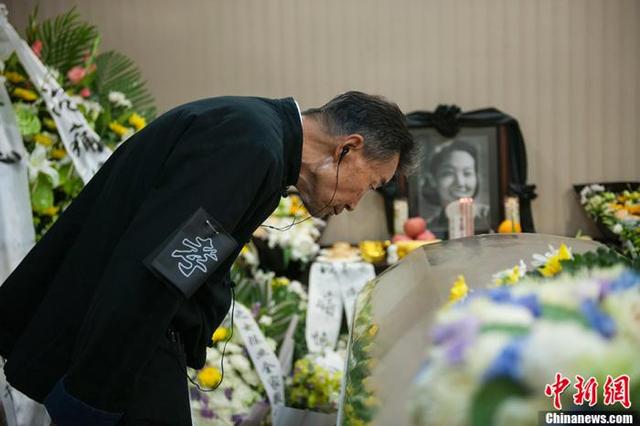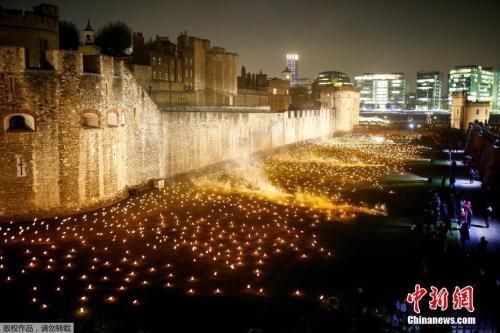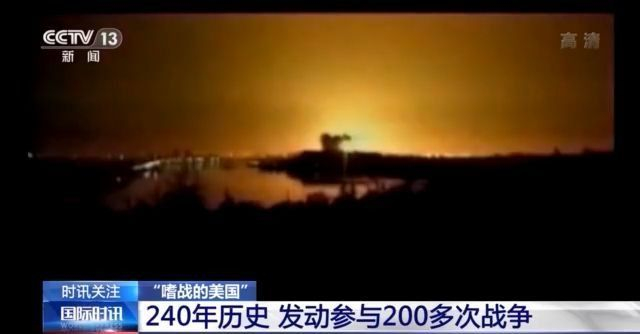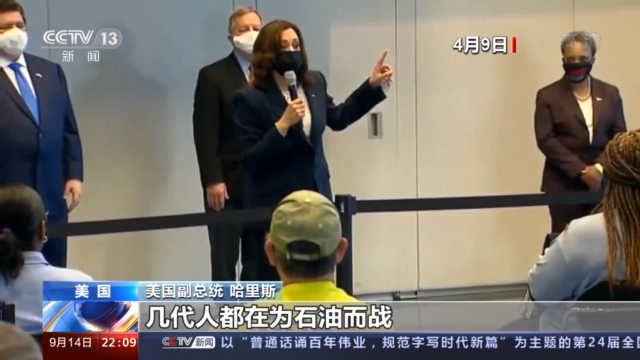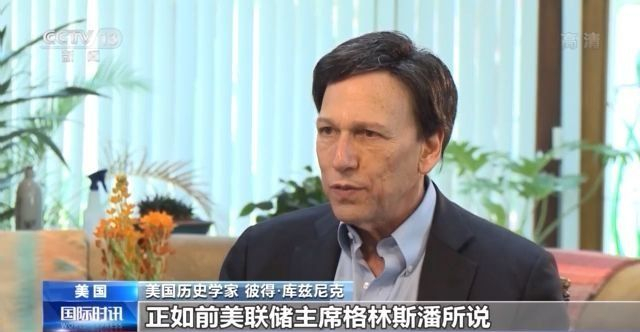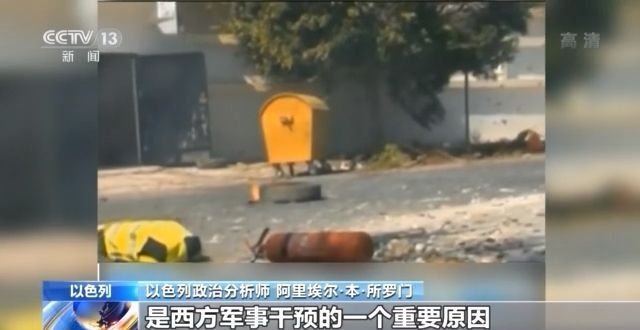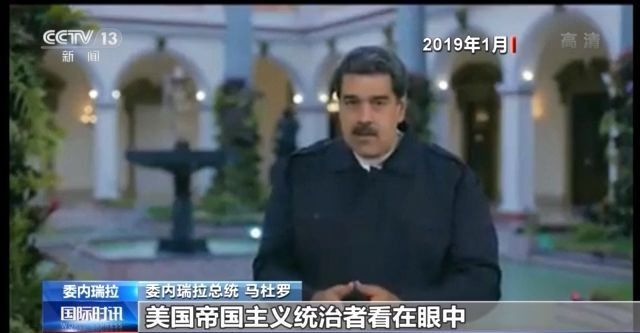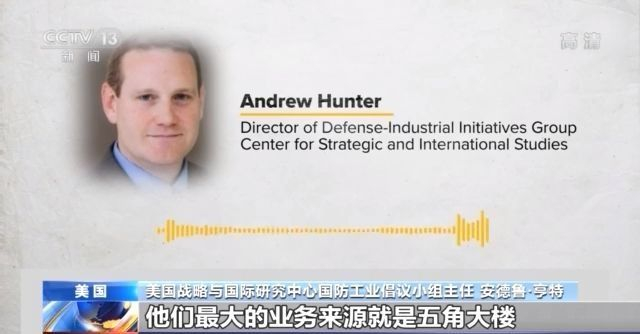
Cai Qin criticized Taiwan Province artists for not working hard enough for disaster relief, which caused many Taiwanese stars to refute fiercely! On June 2nd, Hong Kong Oriental Daily reported that when Cai Qin attended the "512 Caring Action in Performing Arts" in Hong Kong, he felt that Hong Kong artists were very United in disaster relief, and that people in Taiwan Province did not do enough, so he felt ashamed!
A word attracted strong dissatisfaction.
As soon as this report came out of the street, Taiwan Province’s entertainment circle was in an uproar, and many Taiwanese stars shouted grievances one after another, causing great dissatisfaction among artists in Taiwan Province, including Gao Lingfeng, fei chang and Wu Zongxian! Because according to the report, Cai Qin is "ashamed" of Taiwan Province artists and thinks that Taiwan Province artists "haven’t done enough", which makes many people feel aggrieved.
It is reported that fei chang, the big brother of the variety show, pointed out that "there is only a thin line between seeking fame and attracting jade. What kind is she?"? I think everyone is very clear. " He thinks that Cai Qin’s remarks at the moment have deeply hurt the image of Taiwan Province’s entertainment circle. Therefore, fei chang suggested Cai Qin: "We should sincerely apologize to the artists in Taiwan Province for this remark." At the same time, fei chang said to all Taiwan Province artists who have participated in the disaster relief, "Don’t be discouraged by Cai Qin’s speech."

Gao Lingfeng, another Taiwan Province variety show host, is also very excited. He revealed that he only saw Cai Qin’s words through the relevant media at present, but if Cai Qin did say so much, he thought it was inappropriate. "An artist should be cautious when he reaches a certain level. So she should look at how much she has done before judging others. "
Wu Zongxian, the king of variety in Taiwan Province, asked: "Then I want to know what she did?" He said that if Cai Qin felt that Taiwan Province’s entertainment industry was not doing enough, he should do more by himself.
Having been hit by the "921 Taiwan Province Earthquake", artists in Taiwan Province can better understand the pain of the "512 Wenchuan Earthquake", so they spare no effort in earthquake relief. On May 18th, just six days after the earthquake, a four-hour disaster relief party was broadcast live in Taiwan Province, and more than 100 entertainers from the island gathered in Taipei to participate in the charity performance, raising a total of NT$ 227 million. Since May 12th, artists from Taiwan Province have taken the lead in donating money and actively participated in various relief benefit performances. Ceng Zhiwei of the Hong Kong Performing Arts Association also attributed the complete success of the "512 Caring" campaign to the concerted efforts of artists from the three places.

Did you really say that you are "ashamed" of Taiwan Province artists?
If we look at it this way, it seems that Cai Qin’s criticism of Taiwan Province artists is really inappropriate, but the question is, the so-called "Cai Qin accuses Taiwan Province artists" is just news reported by a Hong Kong media. Is this really the case? The reporter found the recording of Cai Qin’s backstage interview that day. The text is as follows:
Cai Qin: I really admire the Hong Kong entertainment industry today. I think Hong Kong’s entertainment industry will always move us as Taiwan Province artists. Therefore, I remember here that during the last 921 earthquake in Taiwan Province, Hong Kong could immediately call on all the whole entertainment circles in just one week to help us in Taiwan Province. The gym held a concert to raise money. This disaster relief for Sichuan is not the first time. I think it is still so exciting. The character of Hong Kong people is affectionate and righteous.
Judging from the above interview, Cai Qin is indeed full of praise for the series of caring actions of Hong Kong artists. However, it seems that we can’t find anything that directly criticizes or accuses Taiwan Province artists. It doesn’t mean that Taiwan Province artists are not doing well or not doing enough to admire Hong Kong artists and point out that Hong Kong artists are moving.

Judging from the current situation, this report by the Hong Kong media seems to be out of context and one-sided speculation. In the days of earthquake relief throughout the country, many stars have stepped forward and adopted various methods to help the relief work. However, such media reports that deliberately create contradictions are obviously irresponsible and should even be condemned, while some stars are credulous of a few media reports before they know the truth, which seems to be too hasty.
In response to Cai Qin’s statement that "Taiwan Province artists are not United enough", Christine skillfully responded with wisdom: "I think what Sister Cai Qin means is not that we are not United, but that we are called upon to be more United. I don’t think her starting point is necessarily to criticize our artists in Taiwan Province. Maybe she wants us to rally more strength. Therefore, our younger generation will definitely abide by her precepts, and then we must gather our strength. " In contrast, Christine, who is also an artist in Taiwan Province, is relatively mature, and her attitude of "correcting what you have and encouraging what you don’t have" is worth learning from.

Cai Qin donated more than 2 million Taiwan dollars.
The reporter learned that after the earthquake, Cai Qin has done a lot of actions to help the disaster-stricken areas, and she donated 500,000 Taiwan dollars. At the time of the earthquake, Cai Qin was in the United States and participated in the donation at the first time. The total amount of the two donations has exceeded NT$ 2 million. However, Cai Qin is very low-key about the amount of donations. She hopes that artists will exert their influence, "infecting society to do good, not comparing numbers."

Cai Qin: I won’t say anything if I am misinterpreted and wronged.
"Since everyone is doing propaganda for the disaster area, they will not say anything if they are wronged." Cai Qin said. The large-scale theme party of "Cross-Strait Reconstruction with One Heart" was recorded in Starlight Studio last night.
Cai Qin said: "Everyone’s strength is very small, including myself, but everyone’s love is very strong when they come together." As for the rumor that Cai Qin criticized Taiwan Province artists for not being active enough in disaster relief activities during a charity performance in Hong Kong, she explained: "Actually, I never said such a thing at all. My original words are: Hong Kong can mobilize 500 artists and 1,000 volunteers in such a short time, which shows that it is very experienced and worth learning. "
As for the original intention being misinterpreted by the media, Cai Qin said that he was unwilling to pursue it further. "Since it is news about disaster relief, I won’t say anything if I feel aggrieved. I believe that we will be very United and will do a great job. "
Editor: Liu Li
